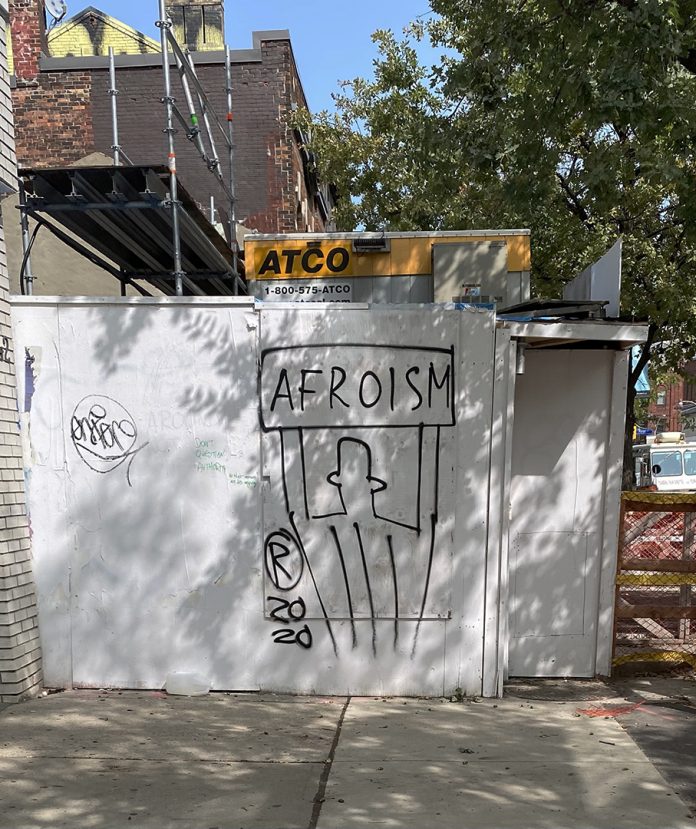Anti-racism organizations like BC Community Alliance (BCCA) and Anti-Racism Coalition (ARC) are working toward implementing anti-racism education in Vancouver schools, which is a step in the right direction.
Many corporations in Ontario are also rolling out anti-racism programs this year for their staff but more needs to be done to educate youth on Canadian Black history on a regular basis.
Canadian Black history must be taught in elementary and high school. This doesn’t mean only teaching Black history in the month of February.
Black history is Canadian history and it needs to be taught in its entirety, whether good or bad, not glossed over in history books.
There are several moments in Canadian history when systemic racism is a part of the narrative. Students deserve to be educated on this.
Blacks in Canada did not have any rights due to being enslaved until August of 1834, in the British colony. They weren’t considered as people and didn’t have access to rights or freedom until abolition.
Despite having freedom, Black Canadians still experienced racism due to the colour of their skin.
According to the Canadian Museum of Immigration at Pier 21, Black people were deported for not being “stable” as Canadian citizens based on their appearance, in 1910’s Immigration Act.
The following year, a proposed ban on Black Immigration to Canada was in place for one year by the Cabinet of Prime Minister Sir Wilfrid Laurier.
The proposed ban said: “The Negro race is deemed unsuitable to the climate and requirements of Canada.”
Thankfully, the ban never became legalized.
Learning about past mistakes like this can help bring awareness to promote change, and this information should be taught in schools.
This information is just as relevant as a multicultural day in schools and would inspire youth to be respectful of others.
Another historical component is the multiple Black communities across Canada, including Africville, Nova Scotia: a community that rose together to fight against racism and segregation in the province.
The village of Africville, north of Halifax, was founded in the 18th century. Residents were either freed American slaves, Maroons (Africans in the Americas who formed settlements to distance themselves from slavery) or Black refugees (African Americans who left to be freed from enslavement).
In 1848, Black settlers William Arnold and William Brown bought Africville’s land, and other community members followed. However, this did not stop the Regional Municipality of Halifax from demolishing the community in 1964.
Africville served many historical purposes in Canadian cultures. For example, Seaview African United Baptist Church was referred to as “the beating heart of Africville”.
The residents of Africville paid taxes and had no access to water, electricity or good roads. It was called a slum because there was no access to essential resources. Factories, sewage pits and a prison were built instead.
Over four decades after demolishing the village, the Halifax Regional Municipality apologized for destroying Africville and opened a museum church in 2012.
Summer reunions still take place at Africville Park and Christmas services have been held at the museum church.
If the facts about Africville, or the Immigrant Act, and Black people’s rights are analyzed over the years in schools, there would be less ignorance and more empathy and understanding.
Last year, protests served as a powerful message about anti-racism worldwide but Canada has a long way to go. Mandating elementary and high school students are taught about the importance of Black history in Canada is essential to dismantling racism in this country. Knowledge is power.




